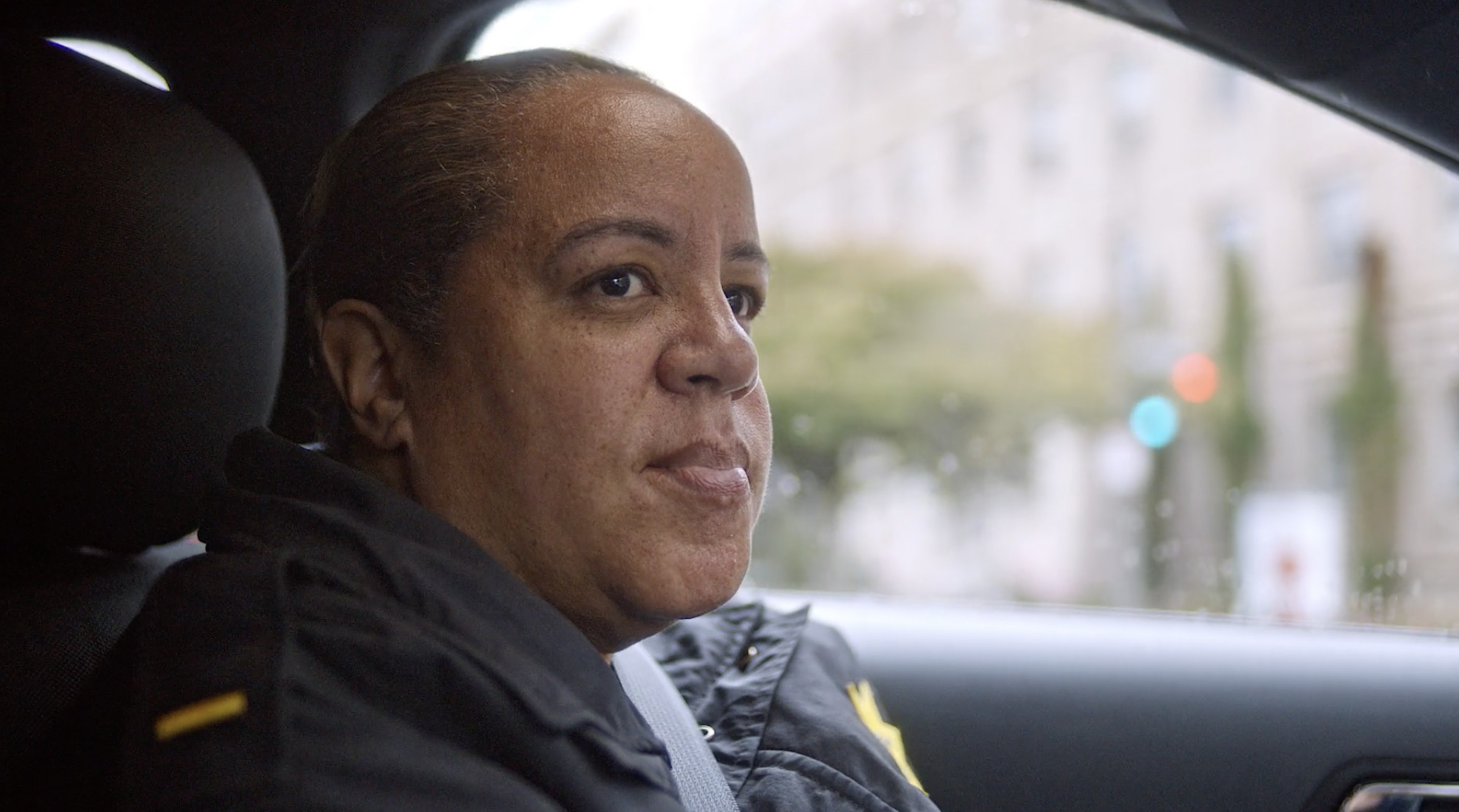In a recent meeting with San Francisco’s police union where she asked for its endorsement, Mayor London Breed promised to appoint someone with law enforcement experience to the Police Commission and reduce the powers of the city’s police watchdog. Her comments come as the city’s mayoral race heats up, with Breed and several of her challengers running on a tough-on-crime platform.
Breed met with the San Francisco Police Officers Association on April 10 and was asked questions about the department’s leadership, morale and reforms, according to a copy of the union’s May journal obtained by The Standard.
The union has yet to back any candidate for mayor and, until this election cycle, had been out of the endorsement game for some time. The union recently made its first endorsement in years, backing a Breed ally, Marjan Philhour, who is vying for a supervisor seat. As recently as four years ago, the union’s endorsement was political kryptonite in the wake of anti-police protests after the killing of George Floyd. Union President Tracy McCray did not return a call for comment.

Breed, who has crossed swords with the union (opens in new tab) in the past, told the gathered officers that she was “willing to admit when she had made mistakes” and that her actions have been “inconsistent” and not always supportive of police, according to the journal’s notes of the meeting.
The general tone of her remarks appears to be an effort to walk a fine line by buttressing the support of officers by supporting most of their demands but not totally turning her back on oversight and reform.
Breed’s remarks also addressed the rank and files’ concerns around the activity of the Department of Police Accountability, whose powers have been expanded in recent years as part of the larger reform efforts.
Breed said she “wants to improve the department’s overall morale by reining in the unfair practices of the DPA.”
Those changes could include a ballot measure that would make sure human resources material is not included in DPA reports, even reports not meant for the public.
Curiously, the publication of such materials prompted the union to call for a probe after an unredacted Police Commission agenda item was inadvertently published by the commission and then removed.

In a particularly loaded question, an officer asked Breed if she would back the department if “another George Floyd-type incident occurred.” She responded by saying she would remain supportive “of officers who are doing their job.”
Despite such promises, Breed told the officers that she still supports the reform progress the department has made under Chief Bill Scott.
Breed told the officers Scott, whom one of her opponents in the race for mayor, Mark Farrell, has said he will fire if elected, has been in “this position for a long time, and she will have discussions with the chief on his future.”
Scott, whose office did not respond to a request for comment, is a former Los Angeles Police Department deputy chief and has been San Francisco’s chief since January 2017.
Any change at the department’s top may not be possible until the Police Commission has new members.

The current makeup of the police commission does not favor Breed, even though she appointed the majority. One of her appointees, Max Carter-Oberstone, fell out with her after releasing details of how she made appointees sign resignation letters upon taking their seats. It’s not likely he would support a replacement of Scott to Breed’s liking.
Once Carter-Oberstone’s time on the commission ends, Breed told the union that she plans to appoint a former police officer or prosecutor to the commission because it “does not promote effective policies for proactive policing.”
Breed has already put forward a commission candidate with such a background. Breed has nominated retired Alameda County Superior Court Judge Don Clay to replace Jim Byrne on the commission.
Breed said that Prop. E, which expanded police powers and limited the civilian oversight tools of the Police Commission, was her effort to “take politics” out of policing and would help officers be more proactive. The ballot measure also expanded police authority to initiate high-speed chases to include more minor offenses.

The American Civil Liberties Union (opens in new tab) has said, “Prop. E is about politics, not public safety. It is a rash attempt to exploit voters’ frustrations with crime to distract from an unpopular mayor’s record and hand more power to the SFPD.”
While not explicitly mentioned, the concerns around proactive policing may have been in reference to the last policy voted on by the commission before Prop. E passed. That policy barred pretext stops, which is when an officer pulls someone over for a low-level offense as a pretext for what the officer suspects is a more serious crime.
Critics of Prop. E, including the ACLU, say it was a step backward for reform and oversight, as it made it far easier for the police department to stall policies the brass does not like.

Paul Henderson, who heads the Department of Police Accountability, said he was disappointed with the comments in the journal, and said his department will continue to follow the law and its mandate.
Police Commission President Cindy Elias did not respond to a request for comment, but Commissioner Kevin Benedicto did, saying that he finds it bizarre the mayor has attacked the commission for its composition, which it has no control over. Whatever the body’s makeup, Benedicto defended the expertise of its members and their ability to mold department policy.
“The commissioners combined have decades of experience in law, criminal justice reform, community engagement and more,” he said. “From my perspective, the most important qualification for a commissioner is their commitment to public safety, independent oversight, and accountability.”
